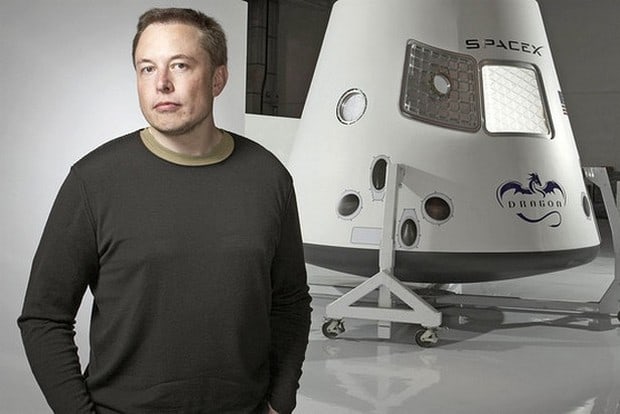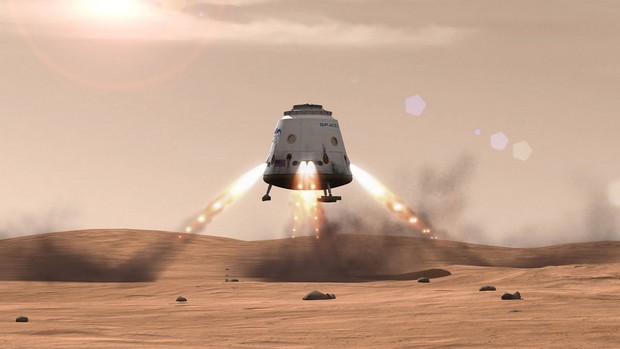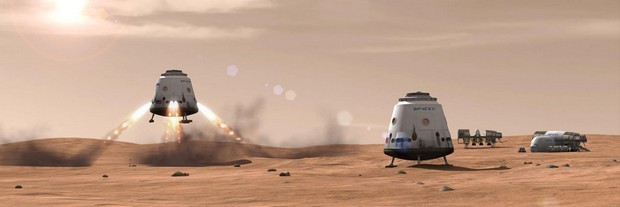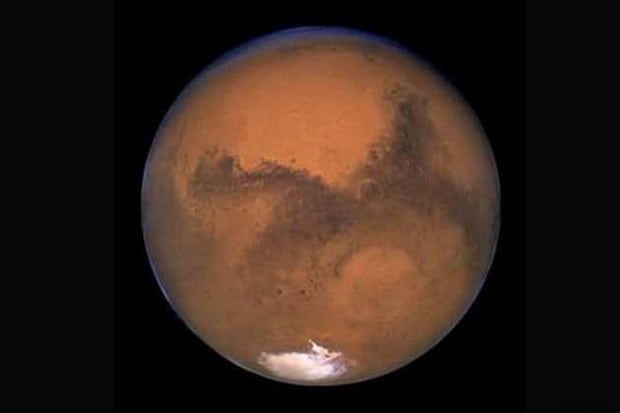Undoubtedly one of the best initiatives of modern times, Elon Musk’s plans to establish a Mars colony of up to 80,000 people are closer to becoming reality. Directly competing with Virgin Galactic, Richard Branson’s initiative towards space travel, Elon Musk has started SpaceX some time ago and has now announced the price per seat for tickets to Mars – $500,000.
The plans of the famous billionaire are to send a pioneering expedition towards the Red Planet, composed of 10 people, plus all sorts of supplies for putting the bases of the domes. They will supposedly fly towards Mars on a “rapid and reusable” rocket with vertical landing, powered by methane and liquid oxygen. He describes the initiative to build such a rocket “possible, but quite difficult”
His future plans regarding the colony depict a small city sized settlement, operable by a 10 person crew – even more interesting is the fact that he considers this to be doable in 10 to 15 years. In addition, those settlements will reportedly be built from transparent construction materials and will be pressurized with Mars’ atmospheric in order to grow earthen crops on Martian soil.
The volume of materials and supplies of each transport will be reduced as time goes by, more and more people being transported towards the Red Planet – this, though, depends on the level of expansion of the Mars colony and its self sufficiency.
Elon Musk’s calculations regarding the 80,000 colonists are pretty clear – with the population of the Earth expected to reach 8 billion by the times his plans come to life, he considers that 1 in every 100,000 persons will be eligible to benefit of such a journey. As for the $500,000 price of the ticket, he explains: “the ticket price needs to be low enough that most people in advanced countries, in their mid-forties or something like that, could put together enough money to make the trip.”
Although the expedition is still in early planning phase, we can’t help being extremely enthusiastic about the idea. We eagerly wait for more details – in less than an year we’ll probably know more.
















